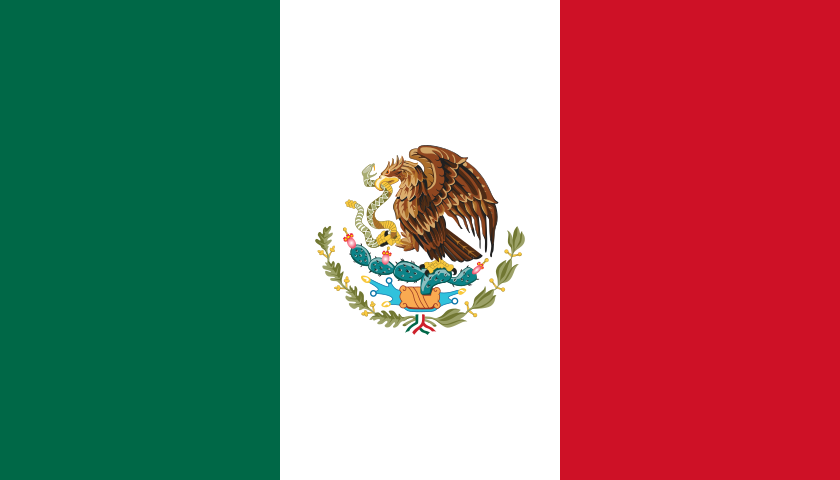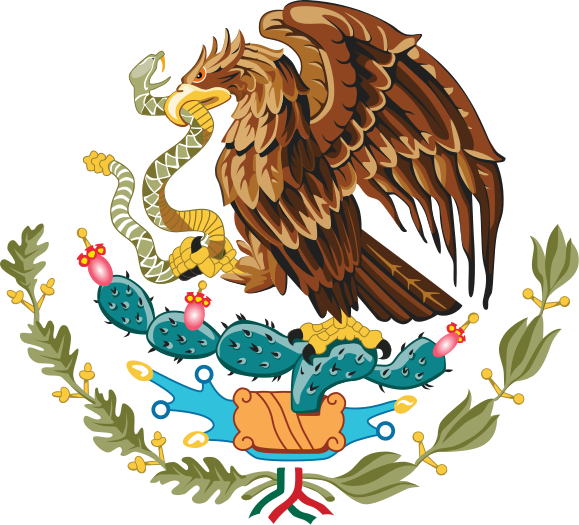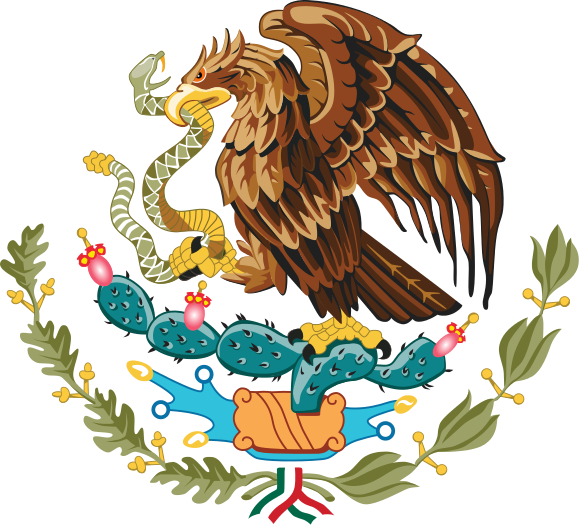The site of several advanced Amerindian civilizations - including the Olmec, Toltec, Teotihuacan, Zapotec, Maya, and Aztec - Mexico was conquered and colonized by Spain in the early 16th century. Administered as the Viceroyalty of New Spain for three centuries, it achieved independence early in the 19th century. Elections held in 2000 marked the first time since the 1910 Mexican Revolution that an opposition candidate - Vicente FOX of the National Action Party (PAN) - defeated the party in government, the Institutional Revolutionary Party (PRI). He was succeeded in 2006 by another PAN candidate Felipe CALDERON, but Enrique PENA NIETO regained the presidency for the PRI in 2012. The global financial crisis in late 2008 caused a massive economic downturn in Mexico the following year, although growth returned quickly in 2010. Ongoing economic and social concerns include low real wages, high underemployment, inequitable income distribution, and few advancement opportunities for the largely indigenous population in the impoverished southern states. Since 2007, Mexico's powerful drug-trafficking organizations have engaged in bloody feuding, resulting in tens of thousands of drug-related homicides.
Mexico is a federal presidential republic.
Source: CIA World Factbook
Members:
Resources
Displaying 6 - 10 of 14Decreto por el que se reforma el inciso b) del artículo 80 de la Ley Agraria.
El presente Decreto modifica el inciso b del artículo 80 de la Ley Agraria, relativo a la enajenación de derechos parcelarios por parte de los ejidatarios a otros ejidatarios avecindados del mismo núcleo de población.
Enmienda: Ley Agraria, 1992. (2017-02-02)
Decreto por el que se reforma el artículo 115 de la Ley Agraria.
El presente Decreto modifica el artículo 115 de la Ley Agraria. La disposición, tal como modificada, establece que en los Estados Unidos Mexicanos quedan prohibidos los latifundios. Se consideran latifundios a las superficies de tierras agrícolas, ganaderas o forestales que, siendo propiedad de un solo individuo, excedan los límites de la pequeña propiedad.
Enmienda: Ley Agraria, 1992. (2017-02-02)
Decreto por el que se reforman el artículo 6º y el segundo párrafo del artículo 20 bis de la Ley de Expropiación
Decree that Article 6 and the second paragraph of Article 20(a) of the Expropriation Act are amended





